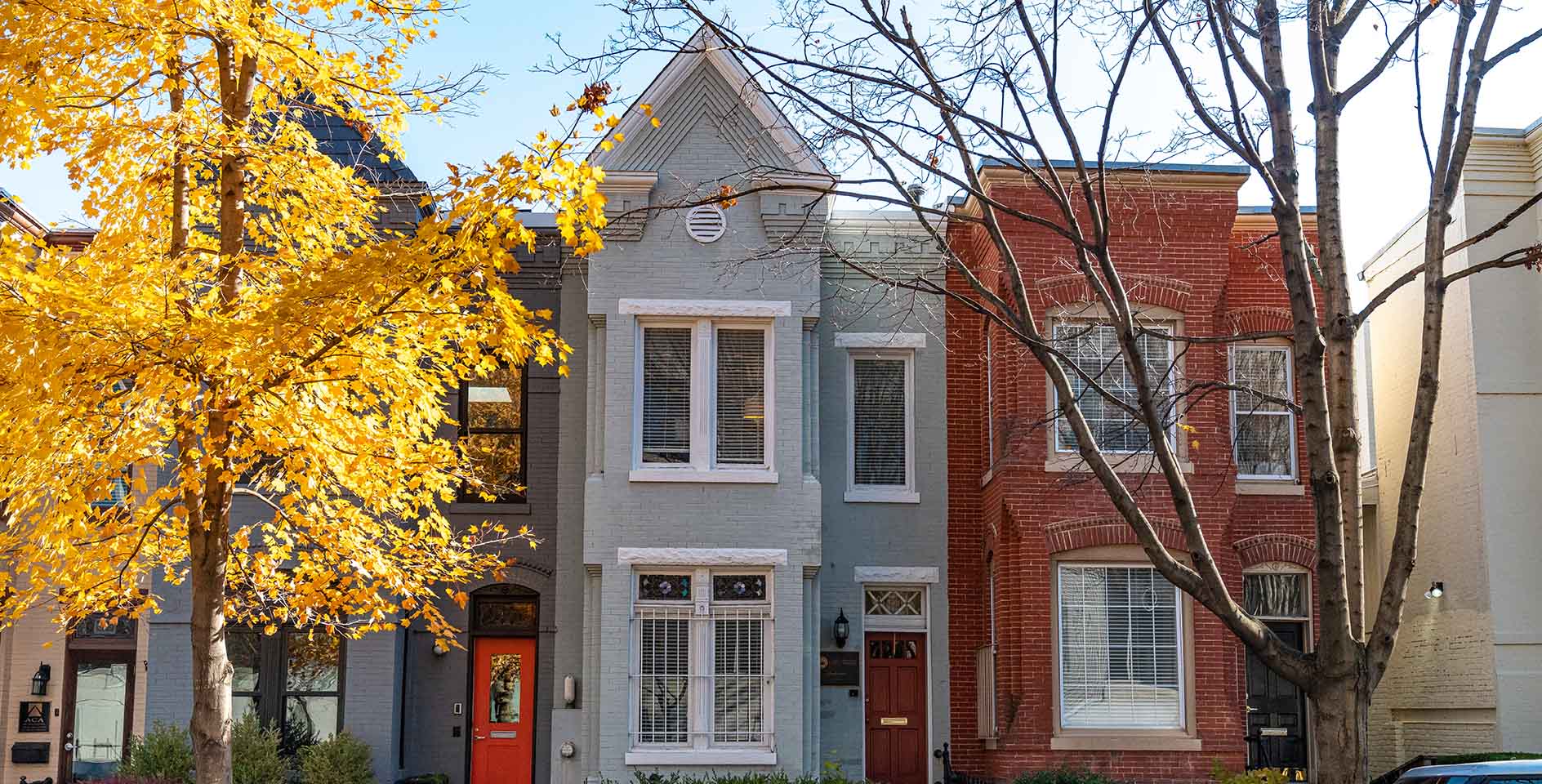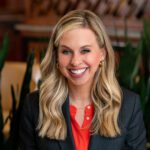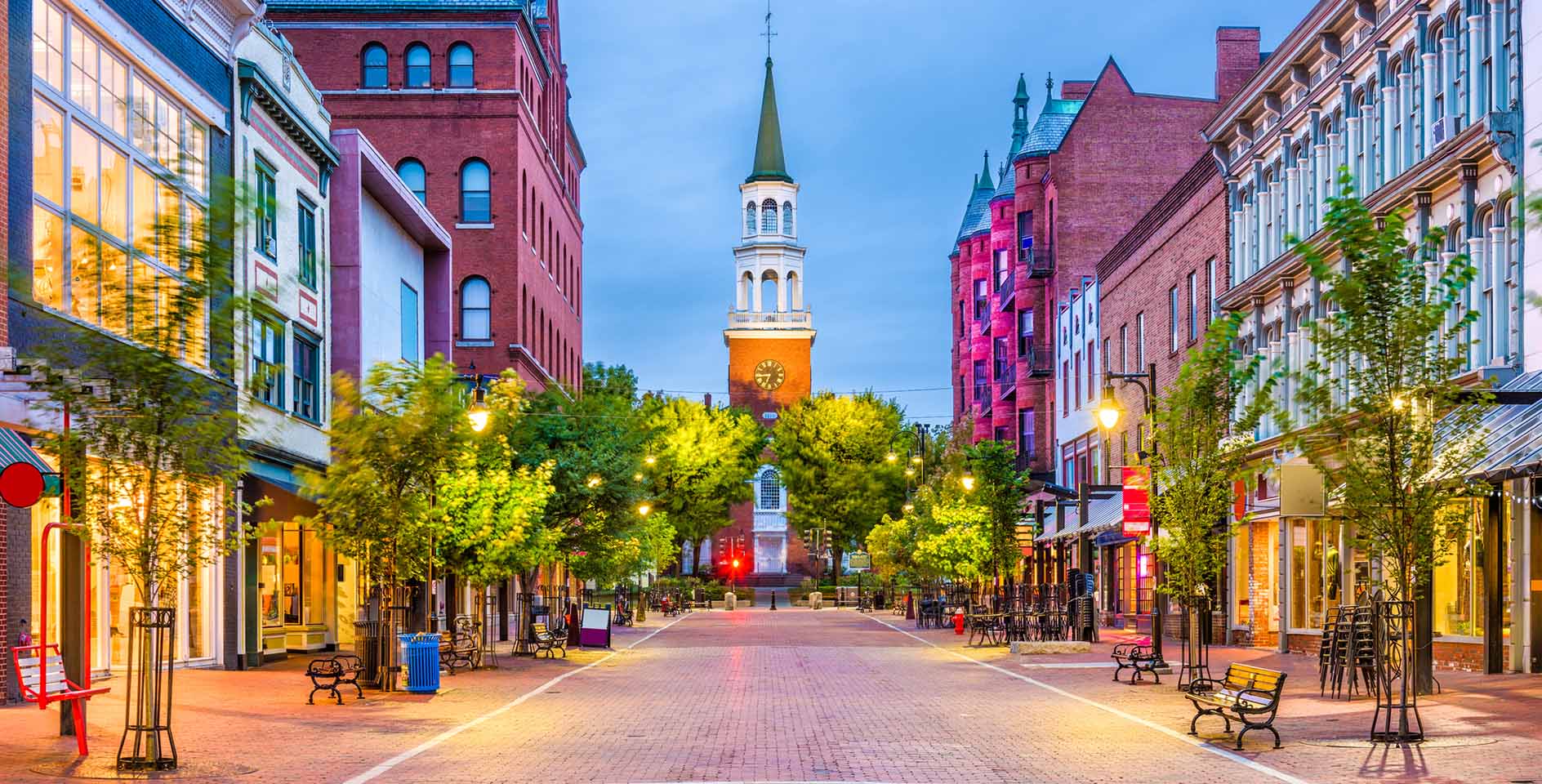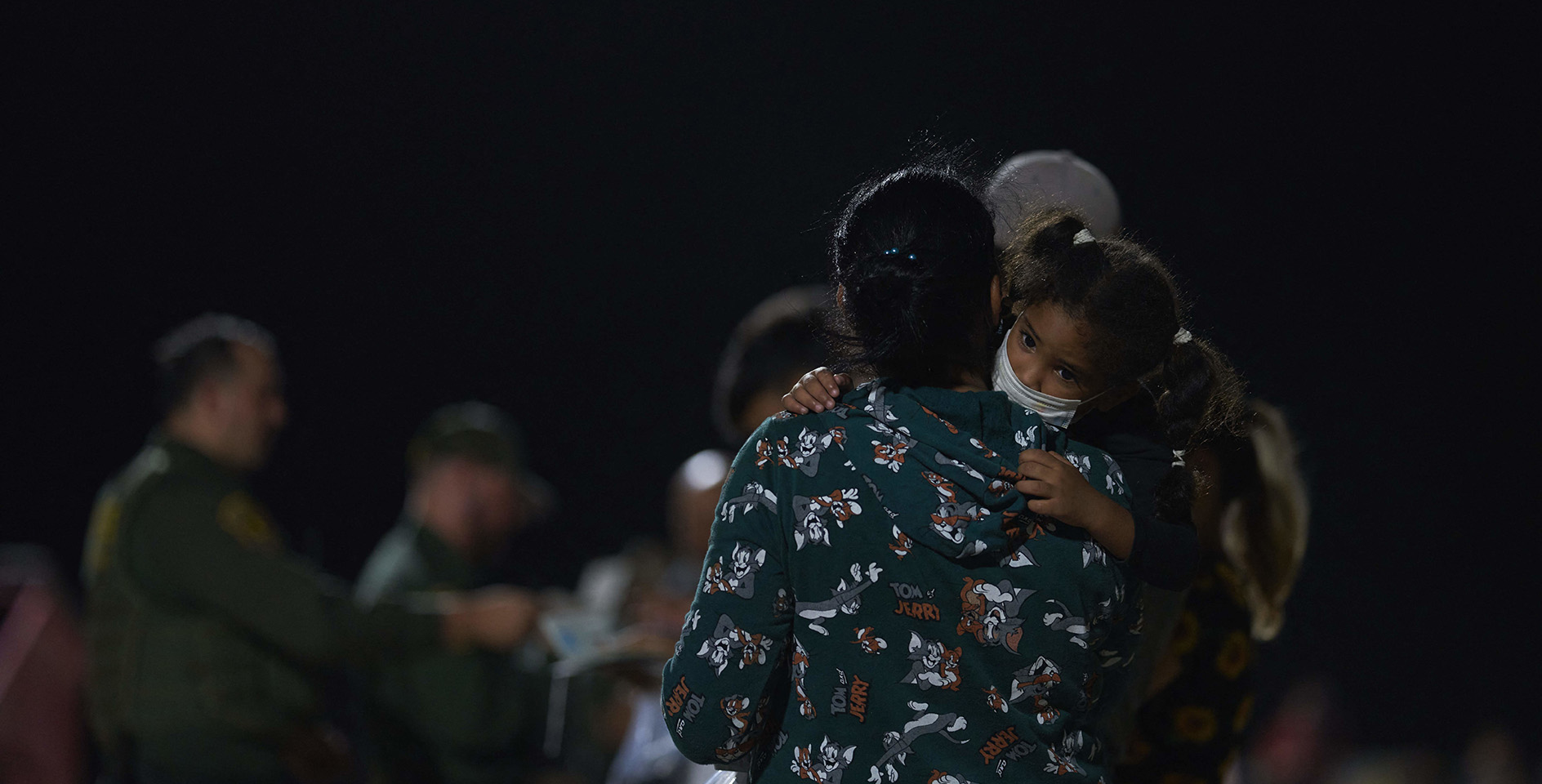The Ethics and Religious Liberty Commission has a full-time presence in Washington, D.C., based out of the Leland House, and has a scope of policy work that covers religious liberty, life, human dignity, and marriage and family. In the following interview, President Brent Leatherwood discusses the fundamentals of representing Southern Baptists on the Hill and the ultimate work the ERLC hopes to accomplish.
Jill Waggoner: What is the ERLC? What do we do here?
Brent Leatherwood: When we are talking to the man on the street, we tend to describe the ERLC as the public policy arm of the Southern Baptist Convention. What that means on a practical level is that we speak both for and from our churches. I use that purposely because we can only effectively speak in the public square for our churches if we are actually working alongside and serving our churches. I like to tell people it is from that service that we’re rendering to our churches that we’re able to effectively speak on the issues of the day, the issues that our churches are dealing with, or the issues that may affect their ability to do ministry.
We have been doing this for over 100 years now, and I’d like to remind folks that this institution has always sought to be a voice that represents the principles of our convention of churches, whether that’s to policymakers or to the media. We’re always trying to make sure that we are bringing the thoughts, cares, and principles that guide our churches to the issues of the day.
JW: There are a lot of groups in Washington, D.C., advocating for their various policy concerns. What is so unique about the ERLC and our role on Capitol Hill?
BL: The best way I can answer that question is from an experience I had last summer on Capitol Hill. We were invited into a meeting with a U.S. senator who was looking forward, at that point, to the post-Roe moment when there would be no more Roe v. Wade. This senator was saying,
“I brought you here to this meeting because I really want to map out what actual pro-family policy will look like. And I want you as representatives of the ERLC to be here because I look at you and I know that you are guided by eternal and unchanging truths. And I can’t say that about a number of other organizations that do good work in Washington. Oftentimes, they are driven by political items, the political calendar, or maybe even sometimes political expediency.”
Knowing that a U.S. senator recognizes that about the Ethics and Religious Liberty Commission is the best kind of endorsement that I could offer here, because it shows that we are different than a number of our peers. A lot of our peers do really good work, but oftentimes they want to do that work and immediately turn it into fundraising appeals or trying to get some sort of grassroots activism.
Instead, we’re coming because we’re saying, “This is what our pastors care about. This is what Southern Baptists have said they care about. This is what the Bible has to say about this issue.” And that really resonates with those policymakers because they have a number of activists and lobbyists in their ear at any given time. But when they invite us to the table, they know that they’re getting something that has a much longer-range view in mind.
JW: In broad terms, what do we hope to accomplish with the ERLC’s policy work?
BL: At a basic level, we want to make this a better world. We live in this time between times—a fallen world that is racked by sin. In a sense, we’re doing Kingdom work because we are trying to point policymakers toward a better world. And that Kingdom that we learn about in Scripture actually has principles that can be enacted now. That’s what we’re driving for. It’s a hope-filled kind of work, knowing that at the end of the day, for eternal flourishing, one needs to have a personal relationship with Jesus Christ.
In a conversation with a member of Congress, a staff member for a senator, or some other representative from the committees on Capitol Hill, we may not get a policy passed, but you never know how those conversations are allowing you to plant gospel seeds in that person’s life.
That reality underlies the work that we do, whether it’s at the federal, state, or local level. Are we always being attuned to how the Lord might be opening an avenue to spread the gospel? I never want to diminish or forget that because I think, in many respects, the work that we do on Capitol Hill or in the policy arena is akin to missional work. We are missionaries in the public square.
For more on the ERLC’s policy work, listen to this episode of the ERLC Podcast.










